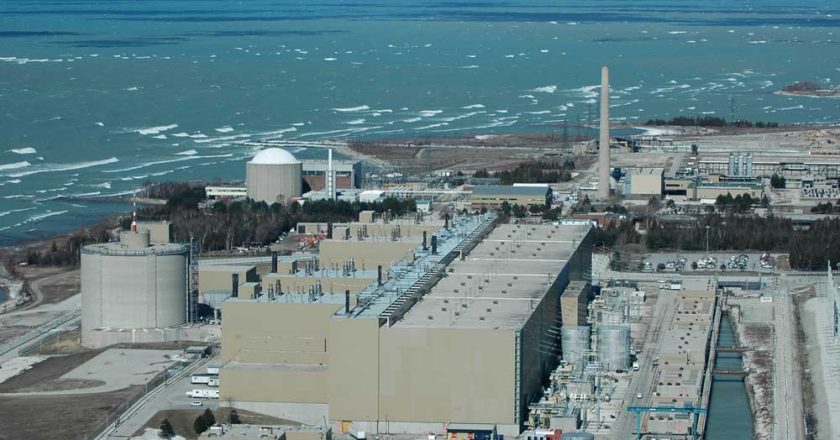Is Oil sands consolidation a threat to Alberta Democracy?
Updated 14 September 2022
The question of the influence of the oil industry on Alberta's political economy and democracy has been a longstanding question for Alberta political analysts. Kevin Taft's 2017 book Oil Deep State and Ian Urquhart's 2018 Costly Fix are classic reference texts. In the following article, reprinted with permission of The Conversation (link to article here) I use public finance data, corporate reports, and production data to estimate the impact of rising oil prices on the province's finances. As oilsands production has eclipsed conventional oil production and as ownership of the oilsands have increasingly become concentrated in four large companies, the implications for Alberta's tenuous democracy are obvious. This influence will be one of the great challenges...




